FIVE-STAR TEAM WARRANTY &
SAME-DAY SERVICE
Why Does My Toilet Keep Clogging? (2025 Guide)
When it comes to plumbing problems, few things are more frustrating than a toilet that keeps clogging. You might notice your toilet backing up often, flushing weakly, or needing the plunger every other day just to get it working.
Homeowners often search:
- Why does my toilet keep clogging?
- How do I unclog a toilet fast?
- Why won’t my toilet flush all the way?
This blog will breaks down the most common reasons toilets clog, how to unclog a toilet safely at home, what prevention steps really work, and when it’s time to call in a professional plumber for a drain cleaning.
7 Ways to Prevent Toilet Clogs
1. Too much toilet paper
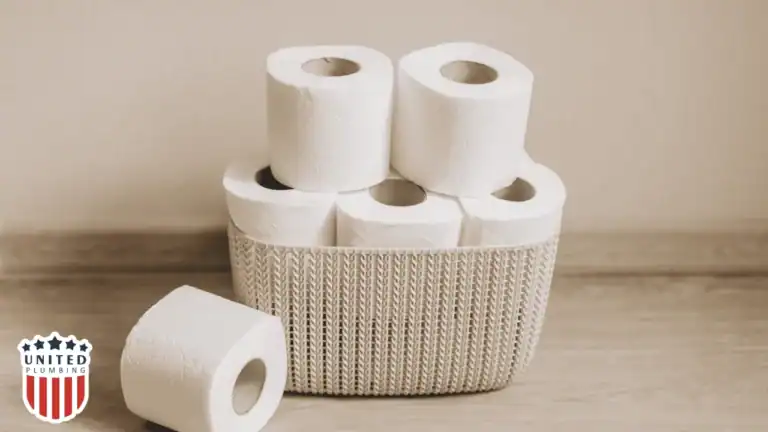
Only flush pee, poop, and toilet paper. Wipes labeled “flushable,” cotton swabs, paper towels, or feminine hygiene products should never go in the toilet. They don’t break down properly and can cause major toilet clogs in San Jose’s aging sewer systems.
2. Flushing non-flushables
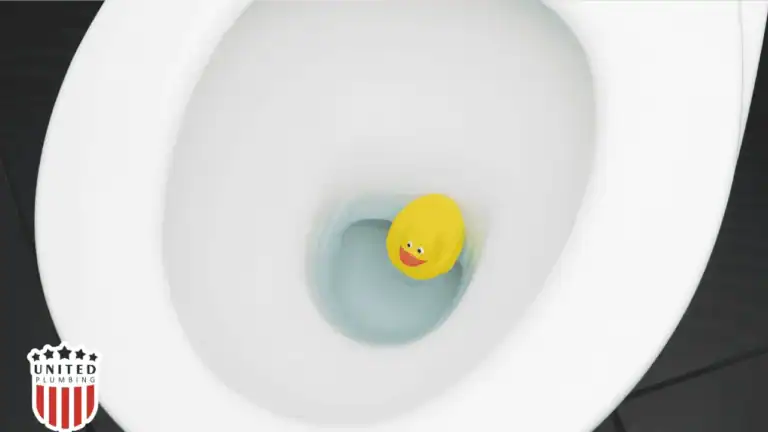
Using too much toilet paper at once is one of the fastest ways to clog a toilet. Instead of flushing a large wad, flush in smaller amounts. This is especially important to teach children and house guests.
3. Keep a Trash Bin Nearby
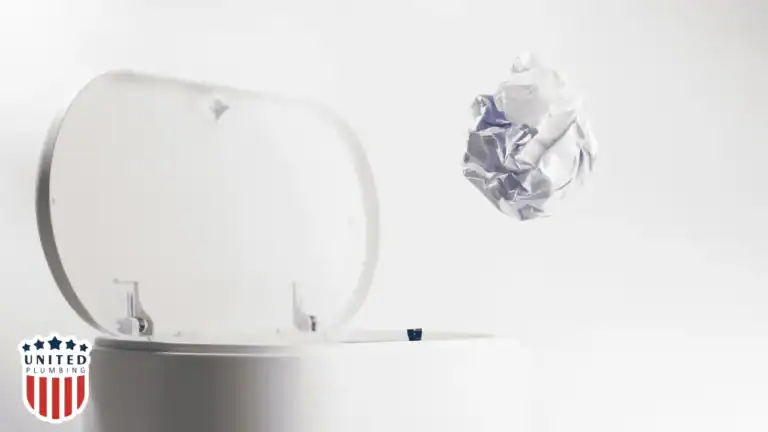
Many people toss items like dental floss, cotton balls, or sanitary products into the toilet out of convenience. Keeping a small wastebasket near the toilet removes temptation and reduces the chances of a clogged drain.
4. Upgrade Outdated Toilets
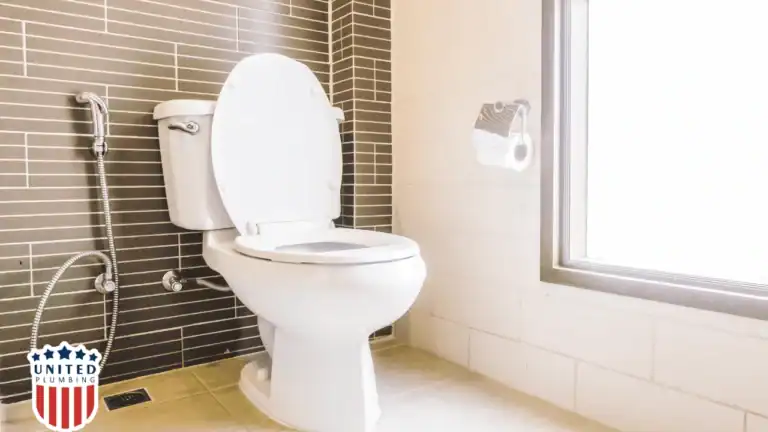
If your home still has a first-generation low-flow toilet from the 1990s, upgrading to a modern, high-efficiency model can improve flush performance while saving water. Look for options certified by the EPA WaterSense program for both performance and efficiency.
5. Install a Water Softener
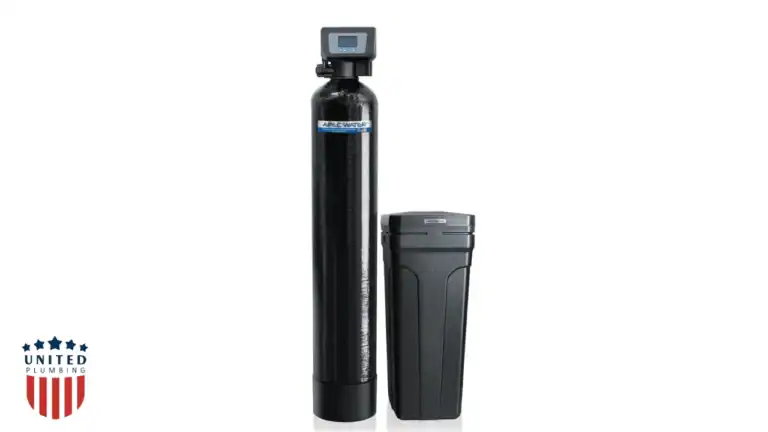
San Jose’s water supply has a high mineral content, which can lead to calcium buildup inside pipes and increase the risk of clogs (San Jose Water Quality Report). Installing a water softener helps prevent mineral buildup in your pipes, keeping flushes stronger and reducing the chance of a clogged toilet over time.
6. Schedule Routine Plumbing Maintenance
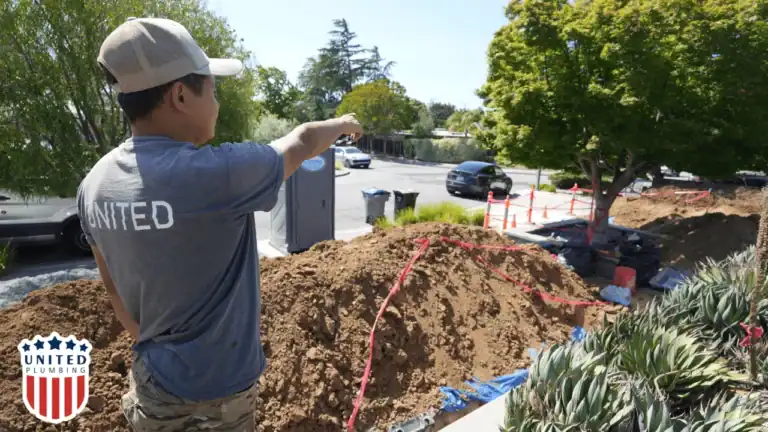
An annual inspection with a trusted San Jose plumber helps catch small issues before they turn into big problems. Plumbers can clear minor buildup, inspect sewer lines, and even recommend better fixtures to help prevent toilet clogs.
7. Address Sewer Line Issues Early
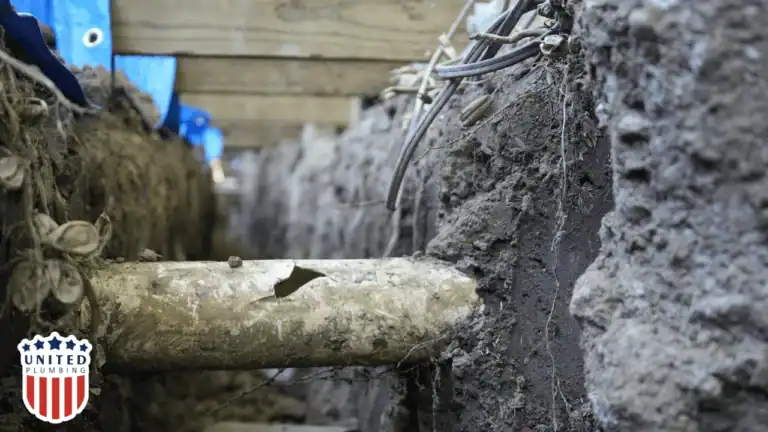
If you notice multiple toilets or drains clogging at once, it could be a sewer line problem. Sewer clogs are common in San Jose, especially in older neighborhoods with large trees whose roots push into underground pipes. Calling a plumber quickly can prevent a messy backup and save you thousands in repairs.
Why Toilet Clogs Happen in San Jose
San Jose homeowners face a few unique plumbing challenges that increase the risk of a clogged toilet:
- Hard Water Problems – San Jose’s water supply has high levels of minerals like calcium and magnesium. Over time, these minerals build up inside pipes, narrowing the pathway for waste and making it easier for a clog to form.
- Older Homes and Plumbing Systems – In historic neighborhoods like Willow Glen, Rose Garden, and Sunnyvale, older homes often have dated plumbing that isn’t as efficient at handling waste and paper. These pipes are also more vulnerable to tree root intrusion, a major cause of sewer line blockages.
- Heavy Household Use – With many multi-family homes and rentals in San Jose, toilets get extra daily use. More use means a higher chance of toilet clogs and worn-out plumbing fixtures.
How to Unclog a Toilet if It Happens
Even with prevention, sometimes you’ll still face a clogged toilet. Here’s how to unclog a toilet safely at home before calling a professional:
- Use the Right Plunger – A flange plunger forms the best seal on a toilet bowl. Plunge steadily without flushing repeatedly, as multiple flushes can cause an overflow.
- Try Hot Water and Dish Soap – Pour hot (not boiling) water mixed with dish soap into the bowl. This helps lubricate the clog and can break it down.
- Use a Toilet Auger (Snake) – If the plunger doesn’t work, a toilet auger can reach deeper clogs in the trap or drain line.
- Call a San Jose Plumber – If these steps fail or if you notice repeated toilet clogs, it’s time to bring in a professional. Hydro-jetting and sewer camera inspections can solve deep clogs that DIY methods can’t.
When to Call a San Jose Plumber
You should call a professional plumber if:
- Your toilet keeps clogging repeatedly
- You notice slow drainage in multiple toilets or sinks
- There are sewage smells or gurgling noises in your bathroom
- Water overflows onto the floor when you flush
San Jose plumbers use professional tools like hydro-jetting, sewer line cameras, and high-power augers to permanently fix tough clogs.
Toilet clogs are one of the most common plumbing problems for San Jose homeowners but they don’t have to be constant. By flushing only the right items, limiting toilet paper, upgrading outdated toilets, and keeping up with regular plumbing inspections, you can drastically reduce your chances of facing a clogged toilet. And when a clog does strike, knowing how to unclog a toilet and when to call in a professional can save you time, stress, and money.
Post views: 355
Frequently Asked Questions
1. Why does my toilet clog every time I flush?
This usually happens when too much toilet paper is used, the trap is blocked, or your toilet is outdated and doesn’t have enough flushing power. In some cases, repeated clogs point to a deeper drain or sewer line problem.
2. What’s the fastest way to unclog a toilet?
The quickest method is to use a flange plunger, which creates a tight seal and strong suction. If that doesn’t work, try pouring hot (not boiling) water with dish soap to loosen the clog. For stubborn blockages, a toilet auger (snake) is the next step.
3. Can I use chemical drain cleaners to unclog my toilet?
It’s not recommended. Harsh chemicals can damage your toilet’s porcelain, corrode pipes, and harm the environment. Safer methods include plunging, augers, or calling a plumber for professional drain cleaning.
4. Why does my toilet keep clogging even after plunging?
If your toilet still clogs after plunging, the issue may be deeper in your home’s drain system or main sewer line. Tree roots, mineral buildup, or collapsed pipes can all cause recurring blockages that require professional inspection.
5. How can I prevent my toilet from clogging in the future?
Flush only the “3 Ps” (pee, poop, and toilet paper), limit paper usage, and upgrade older toilets. Regular plumbing maintenance and professional drain cleaning also go a long way toward preventing clogs.
Latest posts
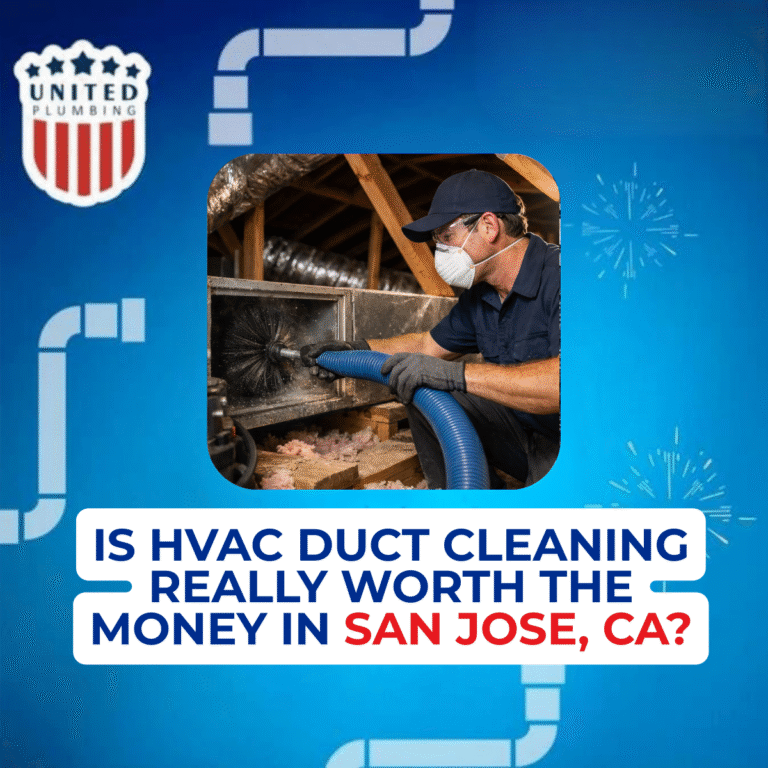
Is HVAC Duct Cleaning Really Worth the Money in San Jose, CA?
Many homeowners in San Jose question whether HVAC duct cleaning is a necessary service or an unnecessary expense....
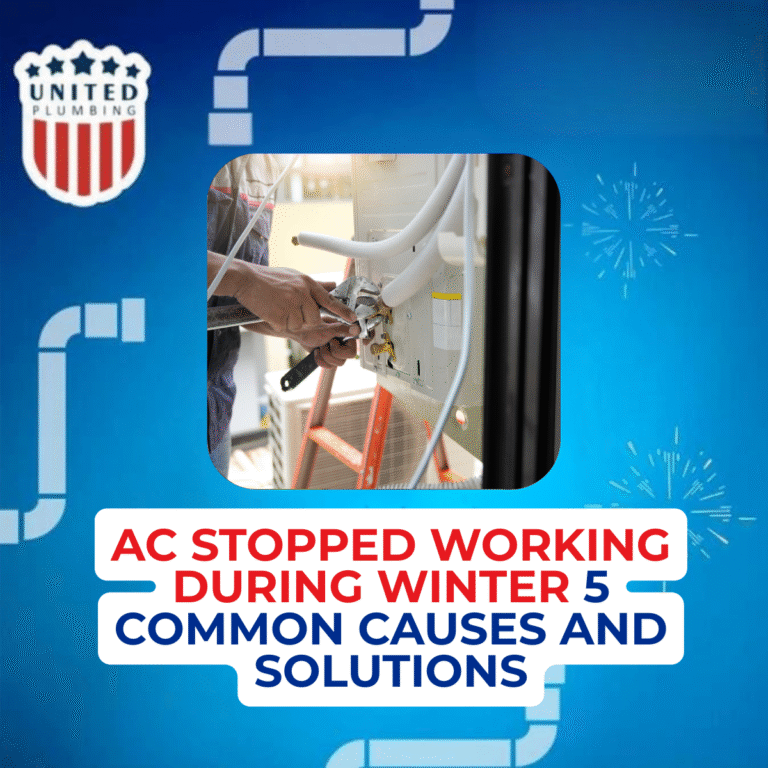
AC Stopped Working During Winter 5 Common Causes and Solutions
If you ended up on this blog, your AC stopped working during winter, or you are trying to learn more about HVAC....


If you still have questions or need advice, please leave a request and we will contact you as soon as possible
Need a plumber and got no clue where to start?
(408) 539-6936Facing a plumbing issue? Get a FREE in-person estimate and quick solutions from our skilled technicians, ensuring your home runs smoothly again!
